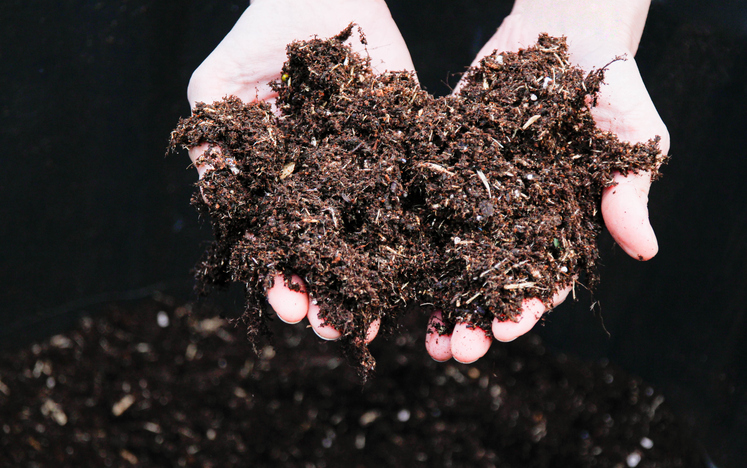Researchers at the Indian Institute of Technology (IIT) Bombay have developed a groundbreaking solution to tackle soil pollution. They have identified bacteria capable of consuming toxic pollutants in the soil and producing essential nutrients as byproducts, according to an official release.
The research team has been studying bacteria that feed on hazardous chemicals and pollutants as a means to address the growing pollution of natural resources. In their recent study, published in the journal Environmental Technology and Innovation, the team leveraged specific bacterial species to remove organic pollutants from soil.
Not only do these bacteria help in degrading harmful substances, but they also enhance plant growth by boosting growth hormones, inhibiting the growth of harmful fungi, and making critical nutrients more accessible to plants. The IIT Bombay release emphasized that these bacterial species could reduce dependency on chemical pesticides and insecticides while improving soil health and fertility.
Soil contamination from aromatic compounds—organic chemicals with benzene-like structures—is a major challenge for the agricultural sector. These toxic compounds, commonly found in pesticides, herbicides, and industrial by-products, can hinder seed germination, stifle plant growth, reduce yields, and accumulate in plant biomass.
Widely used aromatic pollutants, such as carbaryl, naphthalene, benzoate, 2,4-dichlorophenoxyacetic acid, and phthalates, not only impact agriculture but also stem from industries like cosmetics, textiles, construction, petroleum, and plastics. Traditional approaches to removing these pollutants, such as chemical treatments or soil removal, are often expensive and fail to provide comprehensive solutions.
To address this issue, IIT Bombay researchers identified bacteria from highly toxic environments. They discovered that bacterial species belonging to the genera Pseudomonas and Acinetobacter were particularly effective in breaking down aromatic compounds.
“These bacteria were isolated from contaminated soil and agricultural fields. They consume pollutants, breaking them down into simpler, harmless, non-toxic compounds, effectively acting as natural cleaners of polluted environments,” said Prof. Prashant Phale from the Department of Biosciences and Bioengineering at IIT Bombay. The research, conducted under his guidance, was led by Sandesh Papade as part of his PhD work.
(Inputs from ANI)




















